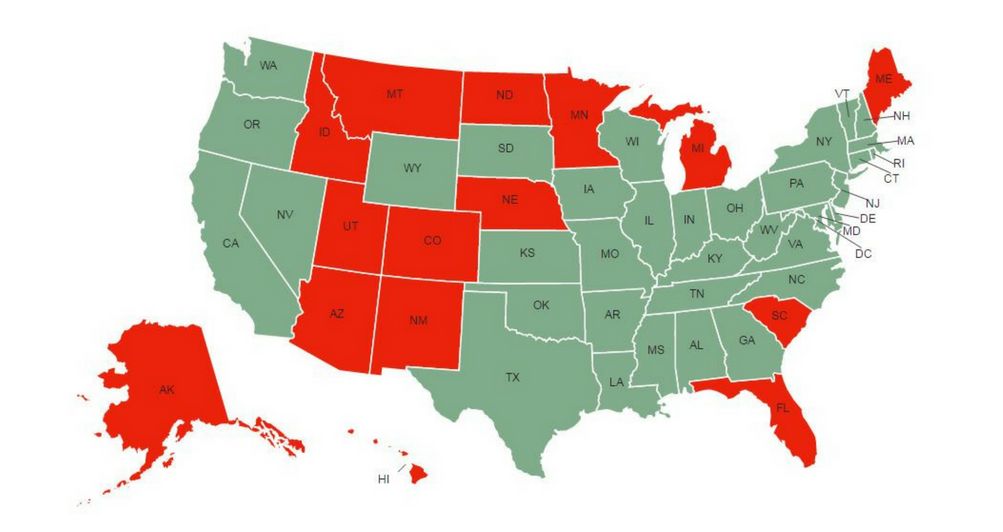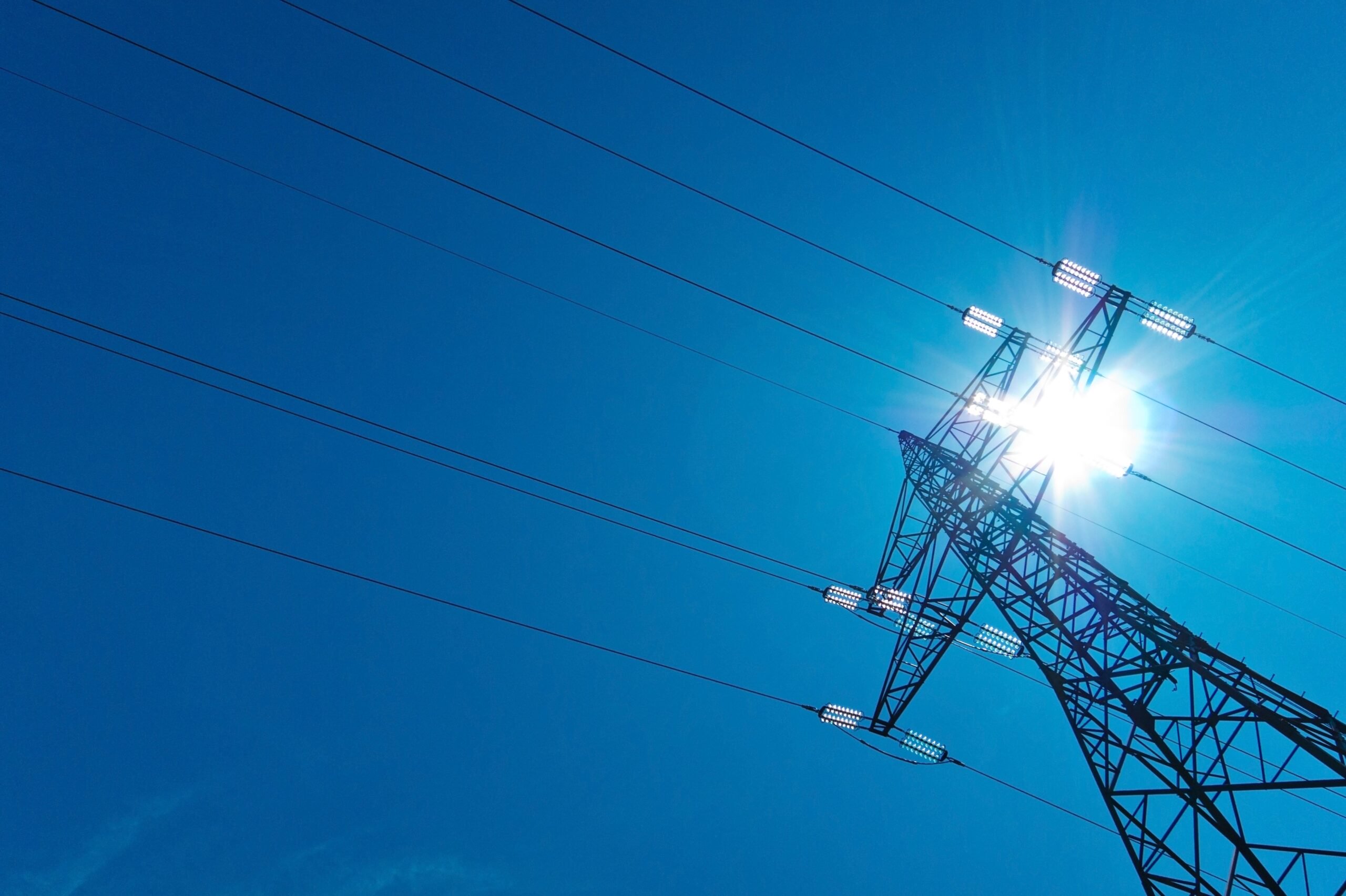
What is Condemnation of Property?
Condemnation is the process where private property is taken for public use. Condemnation can often be confused or interchanged with the term eminent domain, but this is incorrect. Eminent domain is defined as the power of the government to take private property for public use. Eminent domain is the power; condemnation is the process.
An example of condemnation of property is when private land is bought out to make way for a new highway. The private land becomes condemned so the highway can be built.
How Does Condemnation of Property Work?
According to the Takings Clause of the U.S. Constitution, if the government or a company wants to take private property for the purpose of public use, they must reimburse the private property owner with ‘just compensation’ for their loss.
Sometimes though, the company seizing the property and the private property owner might not be able to come to agreement on a ‘just compensation’.
So in the meantime, as to not delay the project for which the land is needed, the company may take immediate control of the property. To do this, the company most likely will need to secure a Condemnation Bond first.
What is a Condemnation Bond?
A Condemnation Bond is a type of surety bond that guarantees payment to a private property owner for whatever price a court decides after hearing the evidence of the case.
A Condemnation Bond is an absolute financial guarantee. Regardless of what the court decides, if a Condemnation Bond is filed, the party who files the bond must pay the decided price to the private property owner.
If the they fail to pay the property owner, the property owner can make a claim against the Condemnation Bond.
Condemnation Bond Example
For example, a highway company wants to buy out Farmer Joe’s private land to make way for a new highway. The highway company and Farmer Joe cannot decide on a fair price to settle on, and since the project needs to begin, the highway company purchase a Condemnation Bond so they can condemn the property before a price is settled.
When the court decides on a fair price, the highway company must pay Farmer Joe the decided price. The Condemnation Bond guarantees the highway company will pay Farmer Joe the fair payment he deserves.
If Farmer Joe feels that the price decided was unfair, Farmer Joe is entitled to two options:
- Allow the highway project to proceed, later obtaining fair compensation through a post-deprivation hearing or
- Seek an injunction to stop the highway project
If a fair price is decided upon, but the highway company fails to pay Farmer Joe, he can make a claim against the bond. The claim will go to the surety bond company’s Claim Department and one of two things will happen:
- The highway company will pay Farmer Joe or
- The surety company will pay Farmer Joe. In this scenario, the surety company will go to the highway company for reimbursement.
So, either way, Farmer Joe will be paid. That is the purpose of a Condemnation Bond: to ensure payment of a condemned property.
Cost of a Condemnation Bond
Condemnation Bonds will vary in price depending on the state and logistics of the property seizure. In most cases, the amount of the bond is based on the difference of the offered price and that of the original owner.
You do not need to pay the full bond amount to get bonded.
You will only pay a small percentage of the total bond amount.
In addition to the cost of the bond, collateral is almost always required.
The best way to see what you’d pay for a bond is to get a free quote:
Related links:







